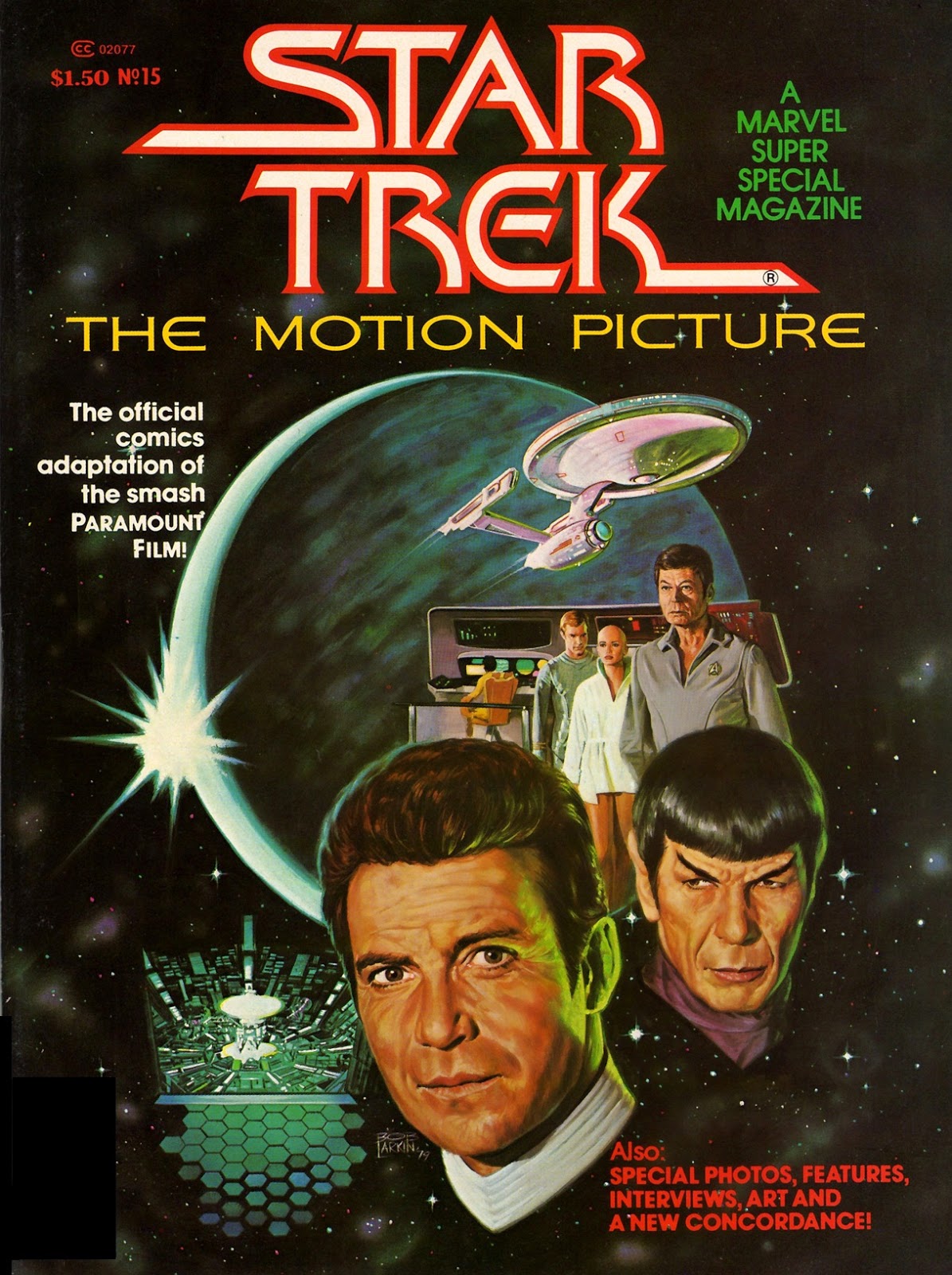You're getting it backward. Bad science in SFTV/film is not a recent trend; on the contrary, it's always been bad. That's my whole point -- Lost in Space was not the exception, it was the norm. Very few SF films and shows over the decades have ever made even the slightest effort to get the science right. I've been an SF fan for 45 years, and for most of that time I've been lamenting the scarcity of anything resembling competent science in SF film and TV.
It's actually getting better in recent years, because audiences are getting more savvy, and because scientists have organized and formed a group that provides scientific advice to movie and TV productions. We've had a lot of movies in recent years with mostly solid science -- Gravity, Interstellar, Europa Report, The Martian, Ex Machina, Primer, Arrival up to a point (though it ultimately centered on an idea I found quite absurd). The Expanse is just about the hardest hard-SF show we've ever had on TV, though Altered Carbon is competitive. Person of Interest was a solid near-future hard-SF show about the surveillance state and artificial intelligence, so credible that its predictions often came true while it was still on the air. And the show we're talking about here, the Netflix Lost in Space, also has pretty good science by TV standards, certainly far better than the original. Even Agents of SHIELD manages to ground its Marvel-Universe fantasy in some pretty well-researched science-speak.
For me, as a lifelong hard-SF fan, this is a far better time for smart, plausible SF in film and TV than ever before. There's still an abundance of the usual fantasy and shoddy science that's always been there, but there's a lot more of the good stuff, the smart and plausible stuff, than there has been for most of my life.





